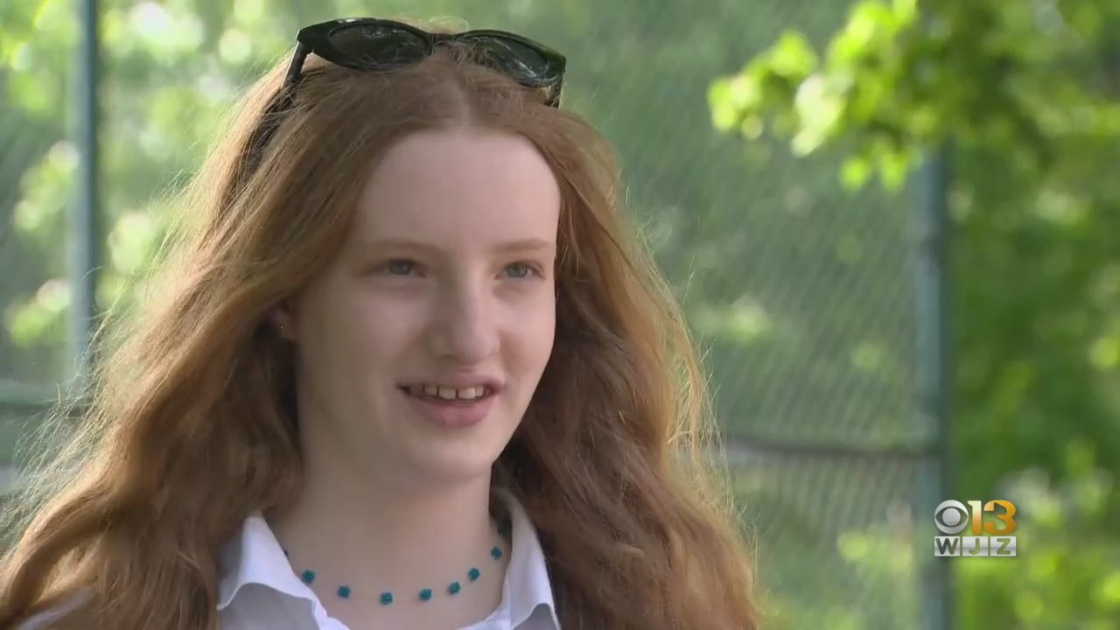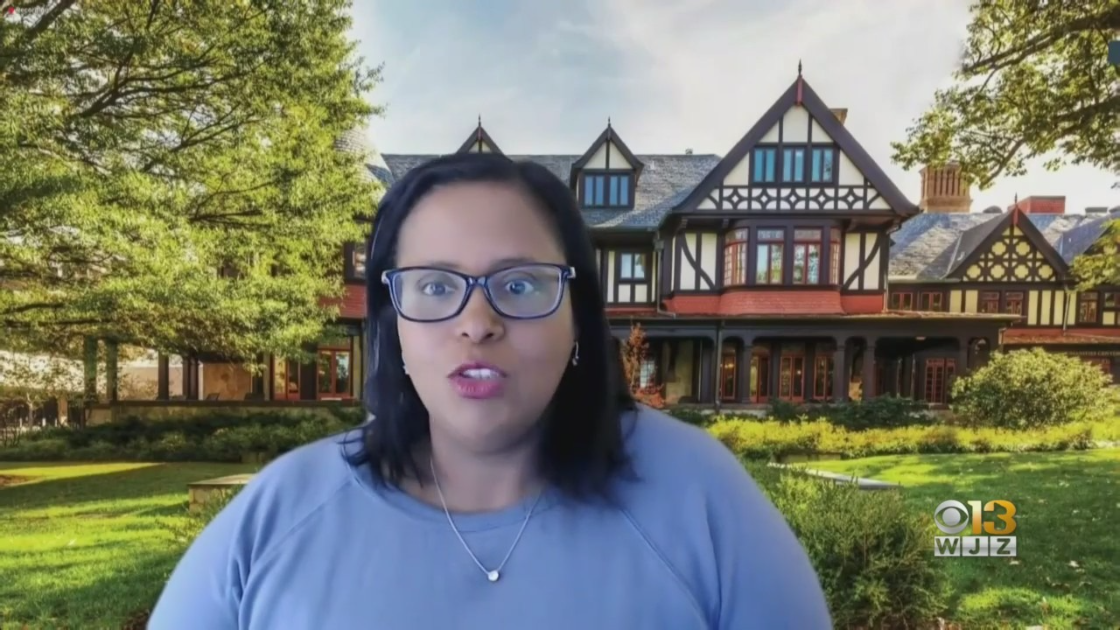Maryland Students Suffer From Anxiety Following School Shooting In Texas
BALTIMORE (WJZ) -- Students in Maryland are suffering from anxiety and fear after learning of a shooting that killed 19 children at a school in Uvalde, Texas.
"My heart sank," eight-grader Annabel Fogleman said.
Eight-grader Giuliana Coven went to school Wednesday morning knowing less than 24 hours ago that those children lost their lives doing the exact same thing.

"I always think about this sometimes when I'm in class and I have nothing to do I just think about where the best place to hide would be," Coven said.
When something like the Texas tragedy happens, it only makes a person feel more scared and worried, she said.
As the nation grapples with grief following the second deadliest school shooting in America, parents and teachers are facing another difficult task: explaining the tragedy to their children.
Parent Ian Levy described the process as "terrifying."
"Children are experiencing a lot of trauma vicarious trauma as they are watching these images come across," Afra Hersi, the interim dean of the school of education at Loyola University Maryland, said.
Parents need to first check in on their emotions, then initiate age-appropriate conversations with their kid, Hersi said.

"First beginning by reassuring them that they are safe and beginning to think about ways for them to ask questions, and be able to sit with the fact that there is a lot of tragedy that is unknown," she said.
Students tell WJZ that the feelings that stem from school shootings can be overwhelming.
"I hate feeling like I can't fix something like that," Fogleman said.
Best friends Fogelman and Coven say that right now they're leaning on one another to get through this difficult time period.
"I think to talk about it and really to just understand what we're going through together versus alone really can help me and can help others," Coven said.
When a child is under extreme stress, they may have difficulties expressing that stress verbally, so they may have trouble sleeping. Experts say that is when a person should reach out to professionals like their primary care doctor or a mental health expert.



